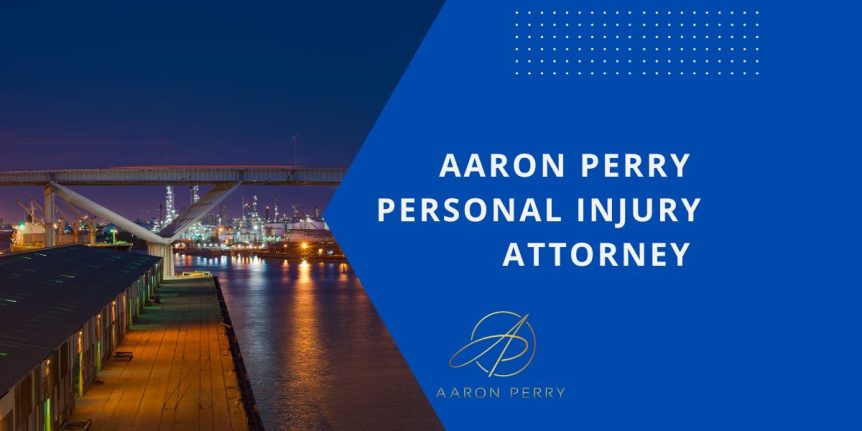
Authority on the Chemical Corridor: How to Win Compensation After an Industrial Accident in Houston, Texas City, Pasadena, or Baytown
Authority on the Chemical Corridor: How to Win Compensation After an Industrial Accident in Houston, Texas City, Pasadena, or Baytown
The Greater Houston area’s “Chemical Corridor”—including Texas City, Baytown, and Pasadena—is the engine of the nation’s energy industry, but it’s also home to some of the most dangerous workplaces in the world. Catastrophic events like the Texas City Disaster, the Phillips Disaster of 1989, and the countless explosions and fires since have tragically proven this reality.
If you or a loved one has suffered a severe injury in a refinery, chemical plant, or industrial facility in this region, your case is not just a standard “personal injury” claim; it requires an attorney with specialized knowledge of Texas industrial law and the resources to take on billion-dollar corporations.
The Crucial Difference: Workers’ Comp vs. Lawsuit
Most injured workers in other states are limited to Workers’ Compensation, which is a no-fault system that provides only limited medical benefits and partial lost wages.
In Texas, many industrial employers do not subscribe to the state’s Workers’ Compensation system. This non-subscriber status can be a crucial advantage for an injured worker, as it allows you to file a full personal injury lawsuit against your employer for negligence.
If Your Employer is a Non-Subscriber:
You are entitled to sue your employer directly and seek full compensation. This includes:
- Past and Future Medical Expenses: The full cost of all necessary surgeries, rehabilitation, and long-term care.
- Lost Wages and Loss of Earning Capacity: The income you’ve lost, plus compensation for being unable to perform your pre-injury job for the rest of your career.
- Pain and Suffering: Compensation for the physical pain, disfigurement, and emotional distress caused by the accident.
Key Claims in a Catastrophic Industrial Accident
Industrial accidents often involve multiple layers of negligence, allowing your attorney to pursue claims against several responsible parties.
1. Direct Employer Negligence (for Non-Subscribers)
If your employer failed to provide a reasonably safe workplace, they may be liable. This includes:
- Lack of Proper Training: Failing to train employees on lockout/tagout (LOTO) procedures or emergency response.
- Inadequate Equipment/Maintenance: Ignoring warning signs on aging pipes, faulty valves, or malfunctioning safety systems.
- Understaffing: Pressuring workers to skip steps or work excessive hours, leading to dangerous fatigue.
2. Third-Party Negligence Claims
Even if your direct employer has Workers’ Compensation, you can often sue a third party whose negligence contributed to your injury. This is common in the Chemical Corridor due to the use of outside contractors.
- Contractors and Subcontractors: A contractor may have left a hazard or performed a task improperly, injuring an employee of the plant owner.
- Equipment Manufacturers: If the accident was caused by a defective piece of equipment, you can sue the manufacturer in a product liability claim.
- Plant Owners: If the injured worker was an employee of a contractor, they can often sue the plant owner for premises liability and negligence in maintaining a safe work environment.
3. Gross Negligence and Punitive Damages
In the most extreme cases—such as when a company knowingly disarms safety alarms or ignores a critical hazard for the sake of profit—a company may be found guilty of gross negligence. A finding of gross negligence allows you to seek Exemplary Damages (or punitive damages) in Texas. These are designed to punish the company for reckless behavior and deter future misconduct.
Catastrophic Injuries We Handle
Industrial accidents cause some of the most severe injuries imaginable. Our firm focuses on catastrophic injury and wrongful death cases resulting from:
- Explosions & Fires: Causing severe burns, toxic fume inhalation, and long-term respiratory damage. Often leads to permanent disfigurement or TBI from concussive force.
- Falls from Heights: Causing broken bones, back and neck injuries, and often resulting in spinal cord injury (paralysis) or traumatic brain injury (TBI).
- Caught-In/Between Accidents: Causing crush injuries and severe lacerations. Often results in traumatic amputations (hands, arms, legs) and internal organ damage.
- Toxic Exposure: Causing chemical burns, lung damage, and long-term illnesses like cancer and neurological disorders.
If you are a worker in Houston, Texas City, Pasadena, or Baytown and have been seriously injured, do not settle for a workers’ comp check. You deserve full compensation that accounts for a lifetime of medical needs and lost wages.
Your Authority in the Aftermath: What to Do Next
- Seek Immediate Medical Attention: Get proper medical documentation for your injuries.
- Report the Incident: File a formal, written report of the accident with your supervisor, detailing the exact cause (slippery condition, failed equipment, etc.).
- Do Not Sign Anything: Do not sign any settlement, release, or statement from your employer’s insurance representative until you have spoken to an attorney.
- Contact an Industrial Accident Attorney: You have a limited time (typically two years) under the Texas statute of limitations to file a lawsuit. A specialized attorney can immediately begin the crucial investigation process, securing evidence like maintenance logs, inspection reports, and witness statements before they disappear.
We are the proven personal injury attorneys for the Houston, Texas City, and Pasadena industrial corridors. Call us today for a free case evaluation.
